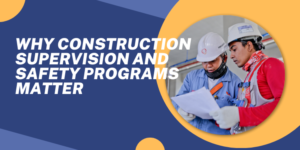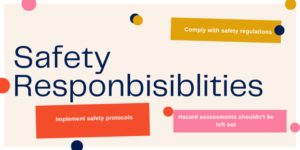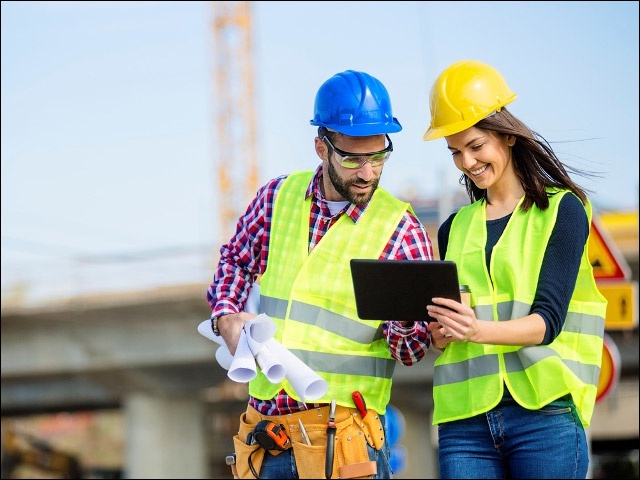What Is an Earthquake?
An earthquake is a sudden, rapid shaking of the earth caused by the shifting of rock beneath the earth’s surface. They strike without warning, at any time of year, day or night. Forty-five U.S. states and other African countries are at moderate to very high risk of earthquakes. Learn what to do to keep your loved ones safe!
Top Tips
- Practice DROP, COVER and HOLD ON with all members of your household.
- Doorways are no stronger than any other part of a structure so don’t rely on them for protection! During an earthquake, get under a sturdy piece of furniture and hold on.
What Should You Do During an Earthquake?
Staying Safe Indoors
- DROP, COVER and HOLD ON!
- If you are in bed, stay there, curl up and hold on, and cover your head.
- Stay indoors until the shaking stops and you are sure it is safe to exit.
- Be aware that smoke alarms and sprinkler systems frequently go off in buildings during an earthquake, even if there is no fire.
- If you smell gas, get out of the house and move as far away as possible.
- Before you leave any building check to make sure that there is no debris from the building that could fall on you.
Staying Safe Outdoors
- Find a clear spot and drop to the ground. Stay there until the shaking stops.
- Try to get as far away from buildings, power lines, trees, and streetlights as possible.
- If you’re in a vehicle, pull over to a clear location and stop. Avoid bridges, overpasses and power lines if possible.
- Stay inside with your seatbelt fastened until the shaking stops.
- After the shaking has stopped, drive on carefully, avoiding bridges and ramps that may have been damaged.
- If a power line falls on your vehicle, do not get out. Wait for assistance.
- If you are in a mountainous area or near unstable slopes or cliffs, be alert for falling rocks and other debris as well as landslides.
How Can You Stay Safe After an Earthquake?
- If away from home, return only when authorities say it is safe to do so.
- Check yourself for injuries and get first aid, if necessary, before helping injured or trapped persons.
- After an earthquake, the disaster may continue. Expect and prepare for potential aftershocks, landslides or even a tsunami if you live on a coast.
- Each time you feel an aftershock, DROP, COVER and HOLD ON. Aftershocks frequently occur minutes, days, weeks and even months following an earthquake.
- Look for and extinguish small fires. Fire is the most common hazard after an earthquake.




